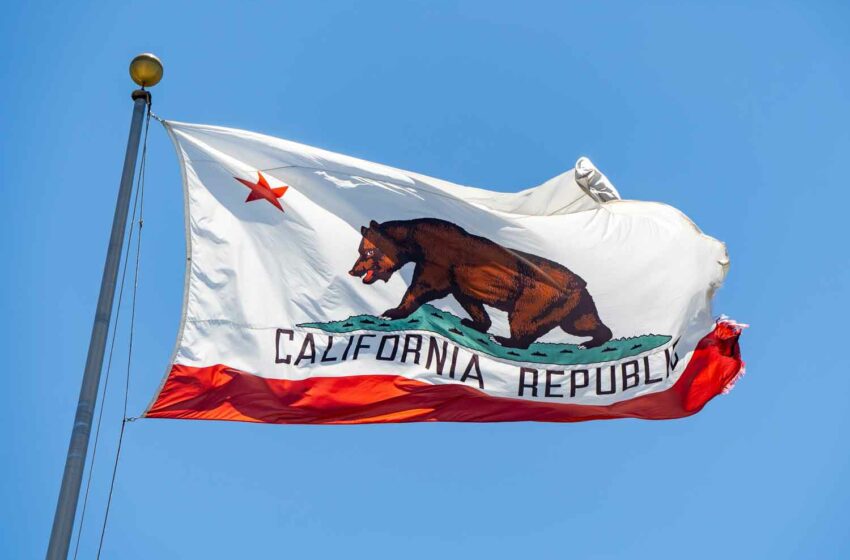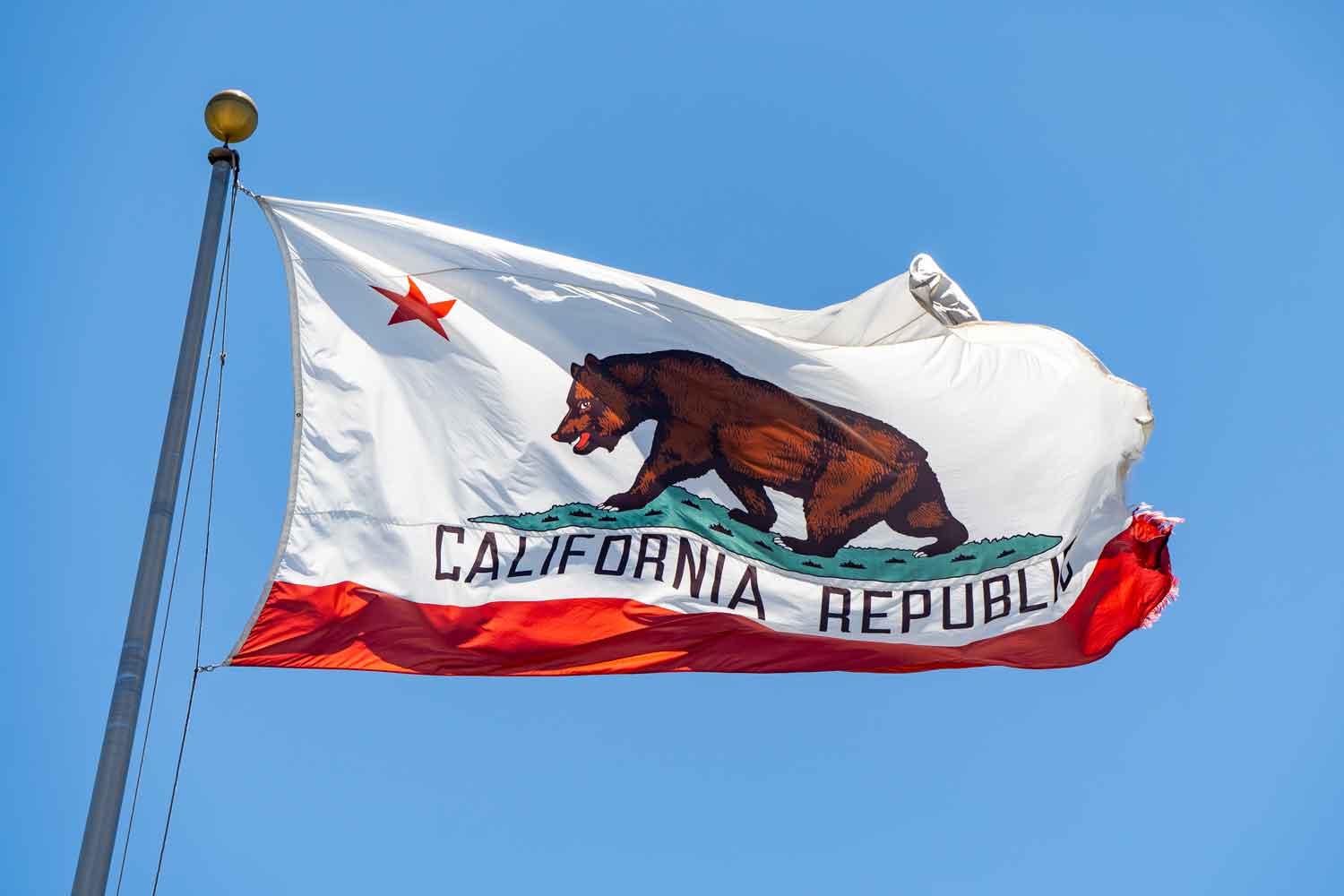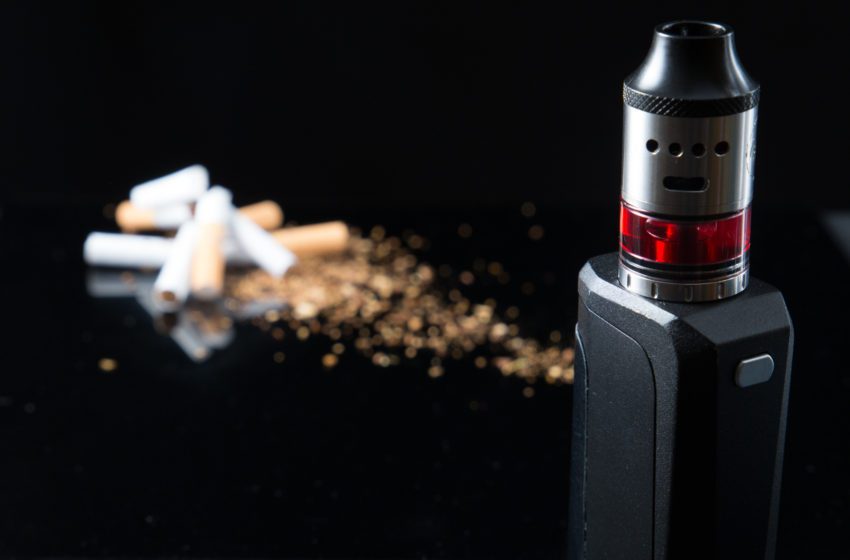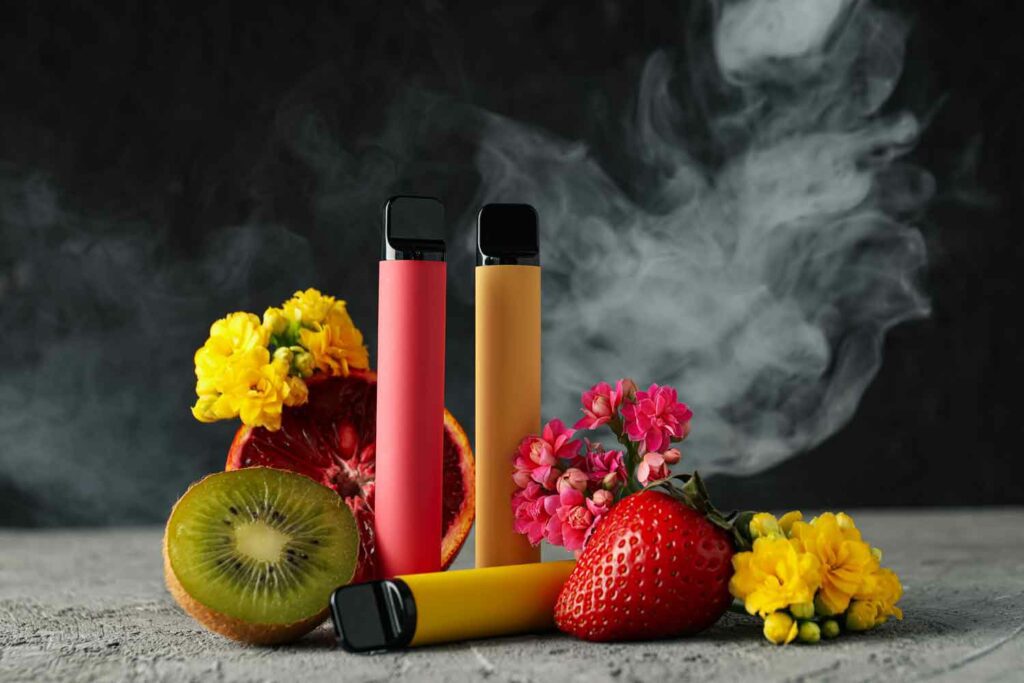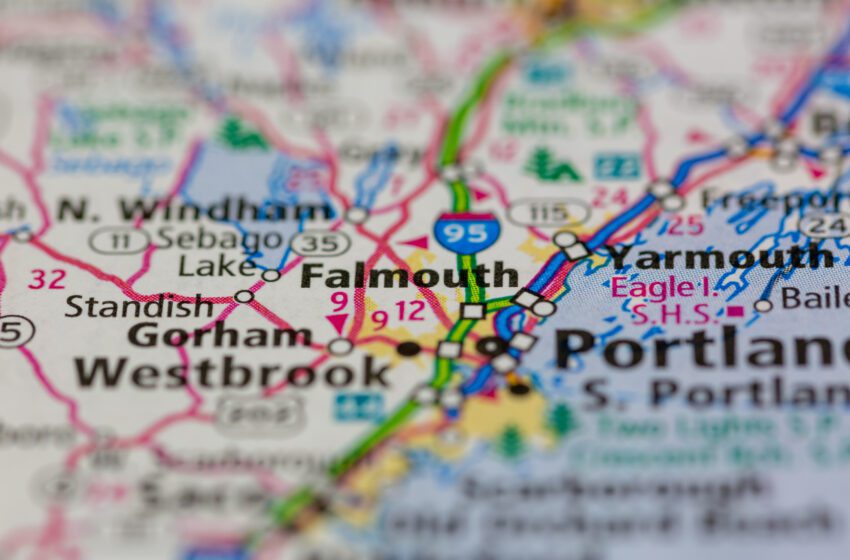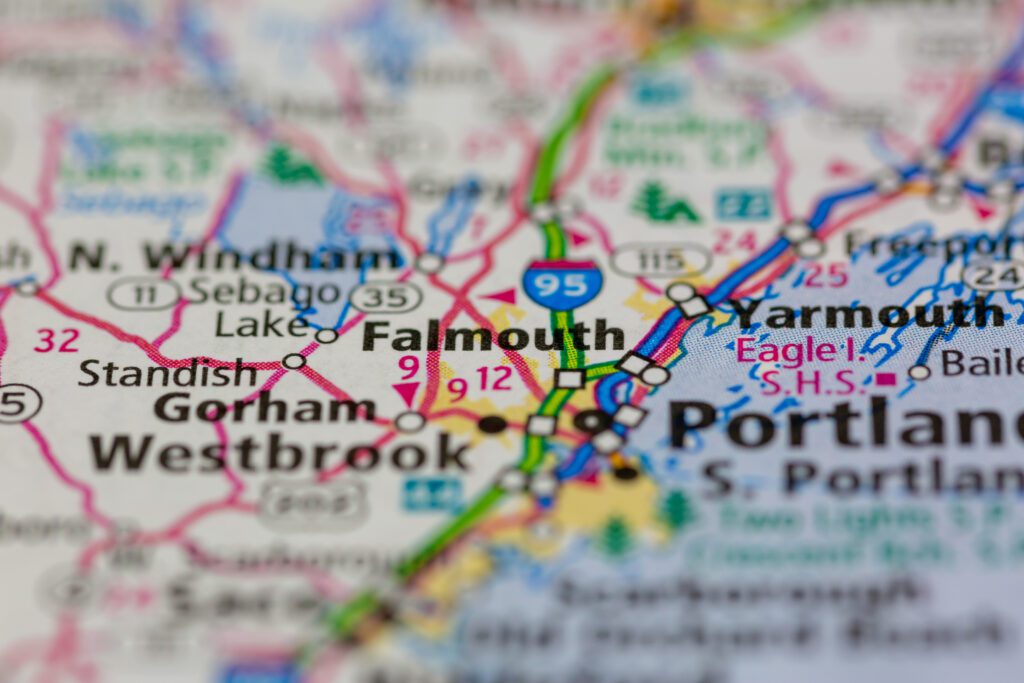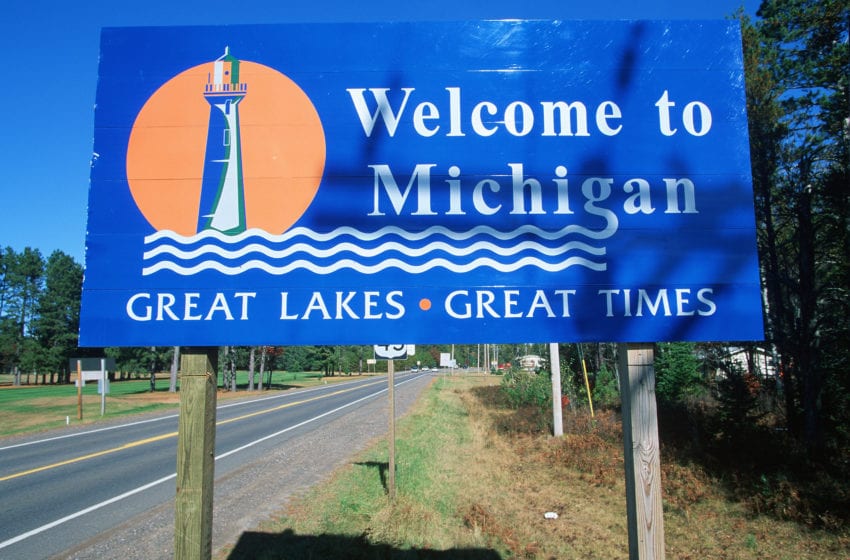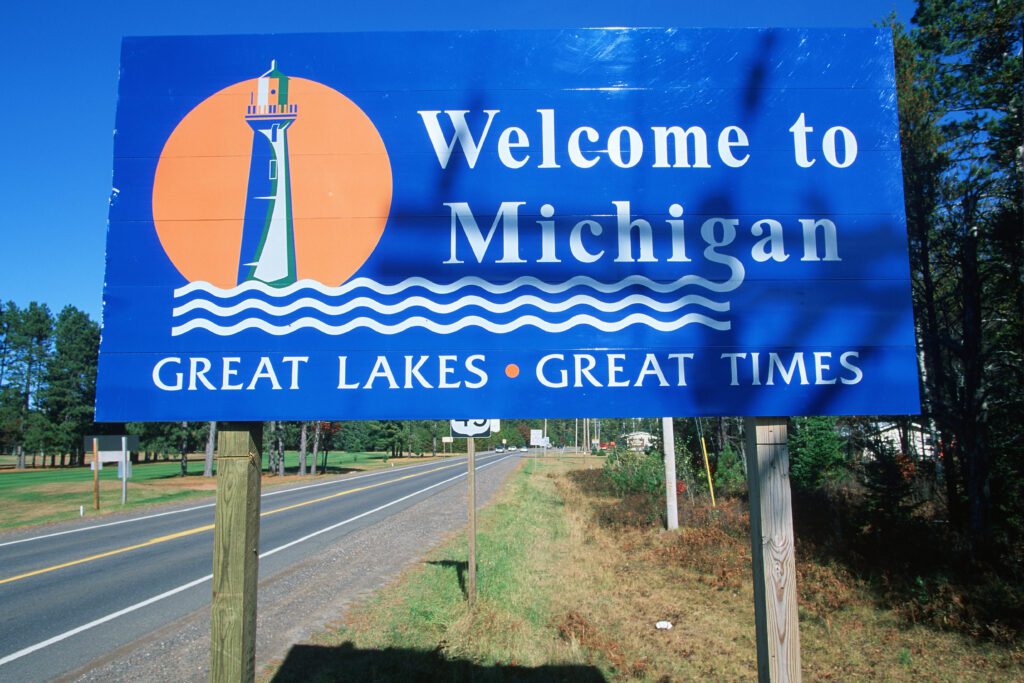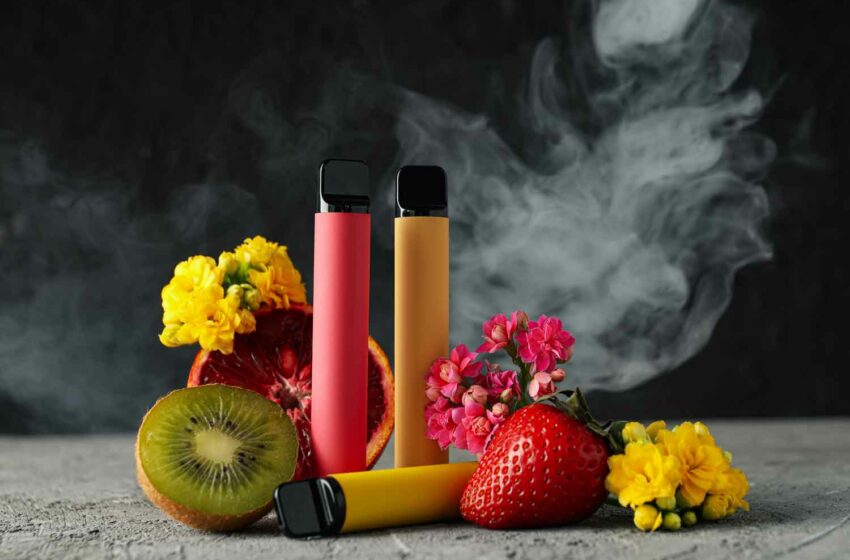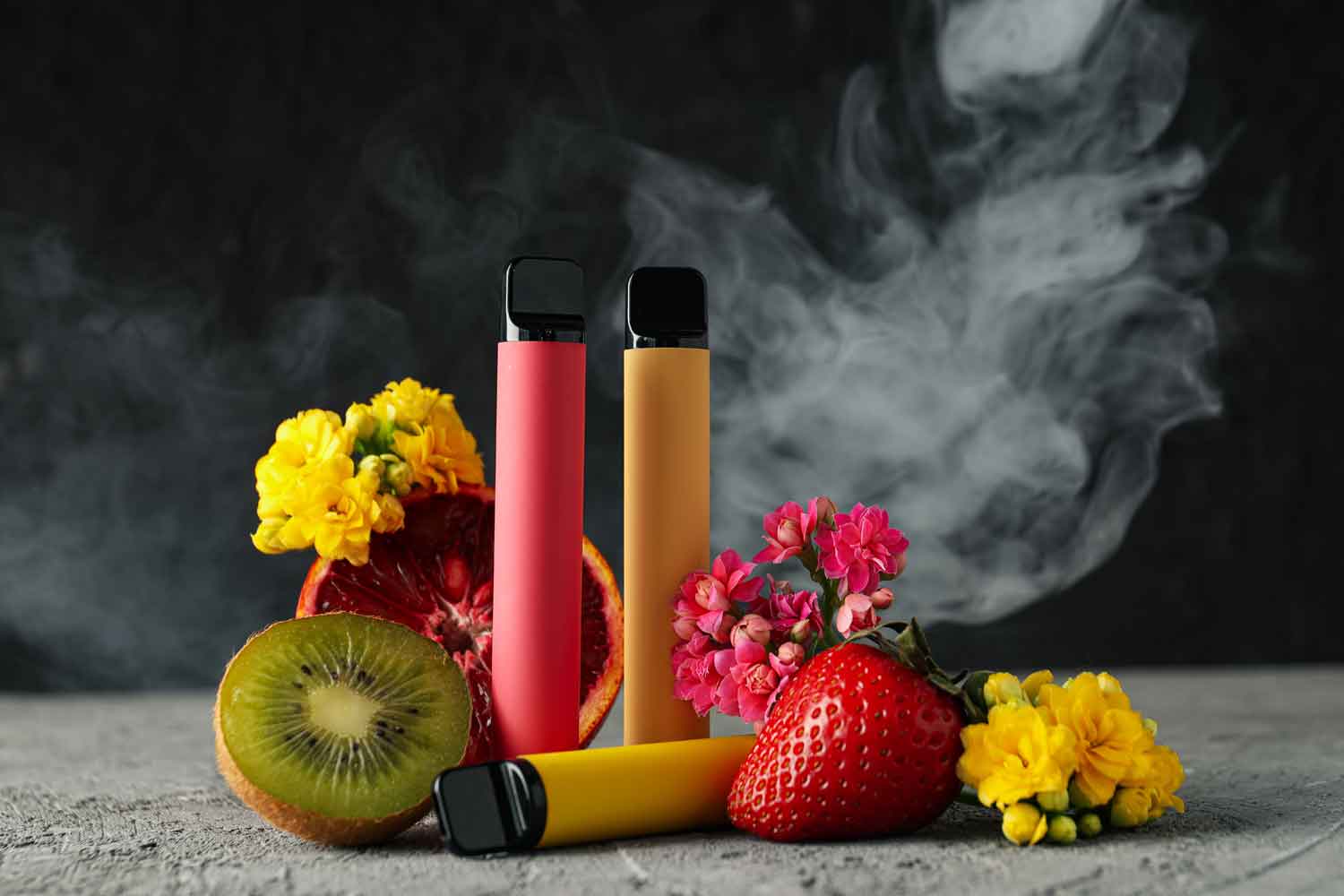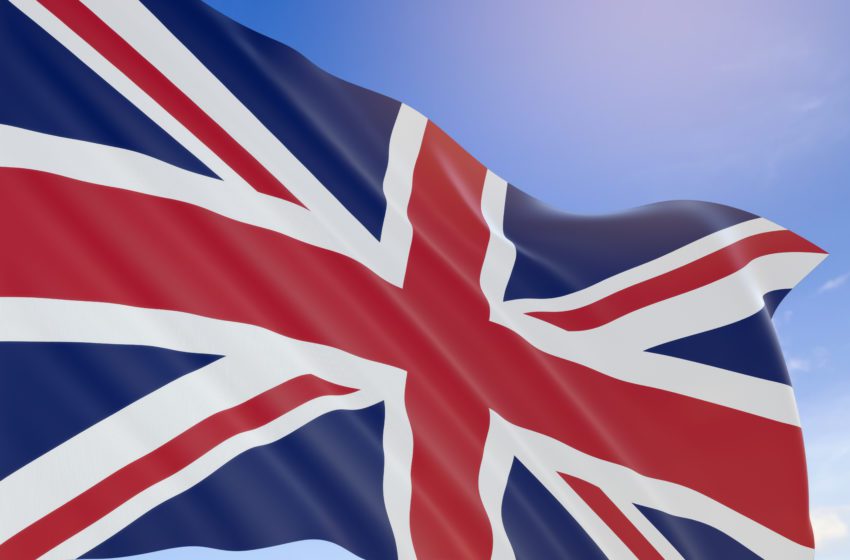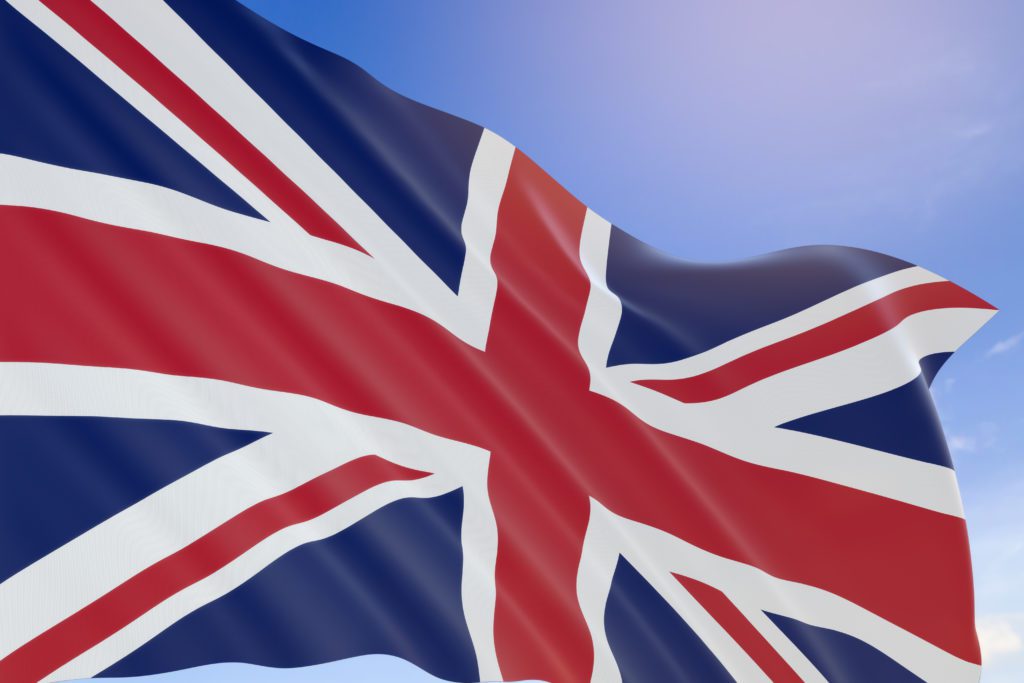The state of Maine is a hotbed of nicotine regulation. The town of Falmouth became the sixth municipality in the state to outlaw flavored tobacco products.
The town council voted 5-2 in support of an ordinance that will make it illegal to sell any vaping or other tobacco product that imparts or is advertised to impart a taste or smell “other than that of tobacco” when the ban goes into effect on March 12, 2024.
Falmouth has a population of just over 12,000 residents. The town joins Portland, South Portland, Brunswick, Bangor and Bar Harbor in passing similar bans on selling flavored tobacco products.
Retailers found violating the law will be subject to a written warning for a first offense, followed by a fine of $500 for a second offense and $1,000 fine for each subsequent violation.
The ordinance does not prohibit the use of flavored tobacco products; however, it does aim to make it harder for individuals, youth and adults, to acquire the products.
One supporter of the ban, councilmember Janice de Lima, said she considered the ordinance a win even if only five kids were prevented from using flavored nicotine products, regardless of the impact on other residents or businesses.
Council vice-chair Jay Trickett spent several minutes critiquing the ban, citing studies that show bans on flavored tobacco products result in increased levels of cigarette use, adding that the council had public health policy backward with the ordinance, according to Halfwheel.
Trickett said the ordinance’s passage will result in increased health risks for certain residents of the town, possibly forcing some current vapers to return to smoking more deadly combustible cigarettes. It could also potentially drive some youth who use vaping products to switch to combustible tobacco products. The ban would also negatively impact local businesses.
“We are blundering about with a sweeping regulation that only indirectly addresses the problem and absolutely harms other residents because we feel the need to do something,” he said during Monday’s meeting.
Additionally, the council passed a resolution to codify its support of the ban:
“The Falmouth Town Council believes that reduced access to flavored tobacco products could potentially reduce youth resident initiation to tobacco products and thereby decrease youth tobacco and nicotine addiction and associated health risks. The Council believes that this outweighs the potential impacts on adult tobacco product users and retailers. The Council supports the enactment of an ordinance to prohibit the sale of flavored tobacco products by tobacco retailers in Falmouth.”
The Hallowell City Council has also held a first reading of a similar ordinance.



